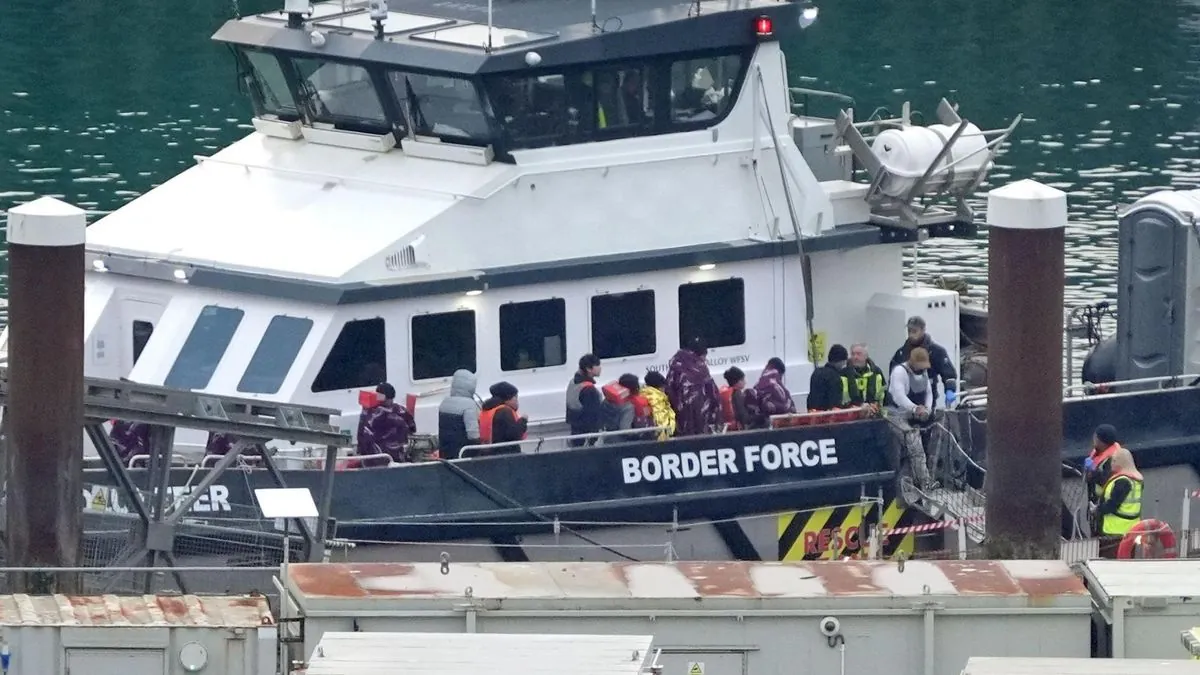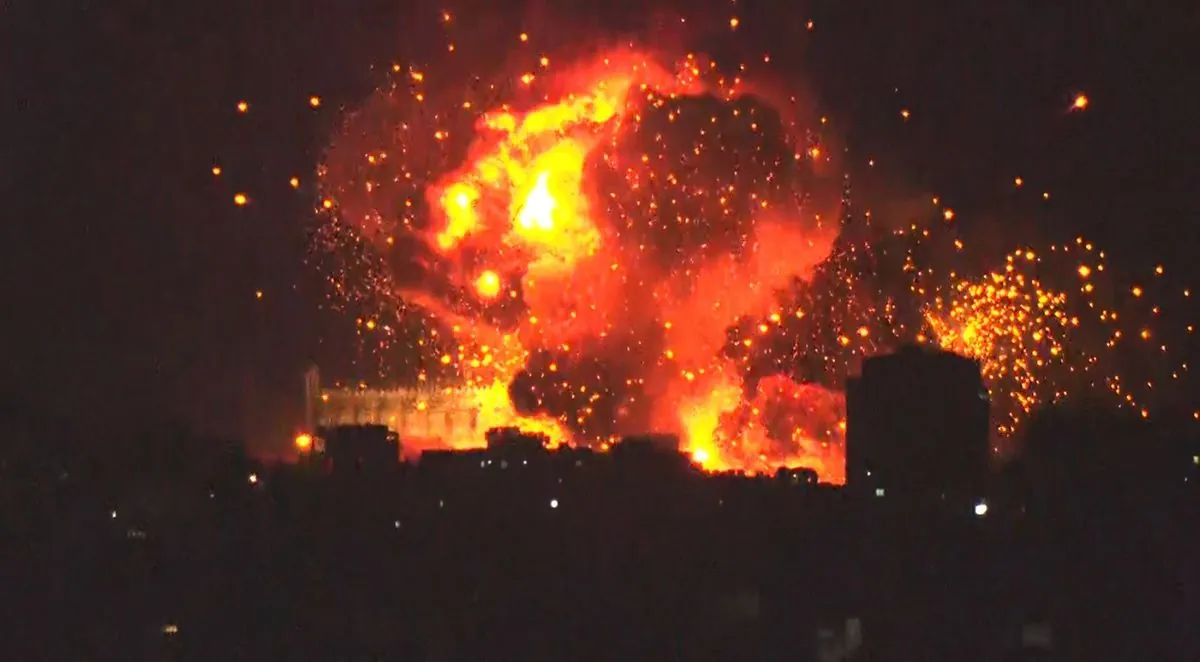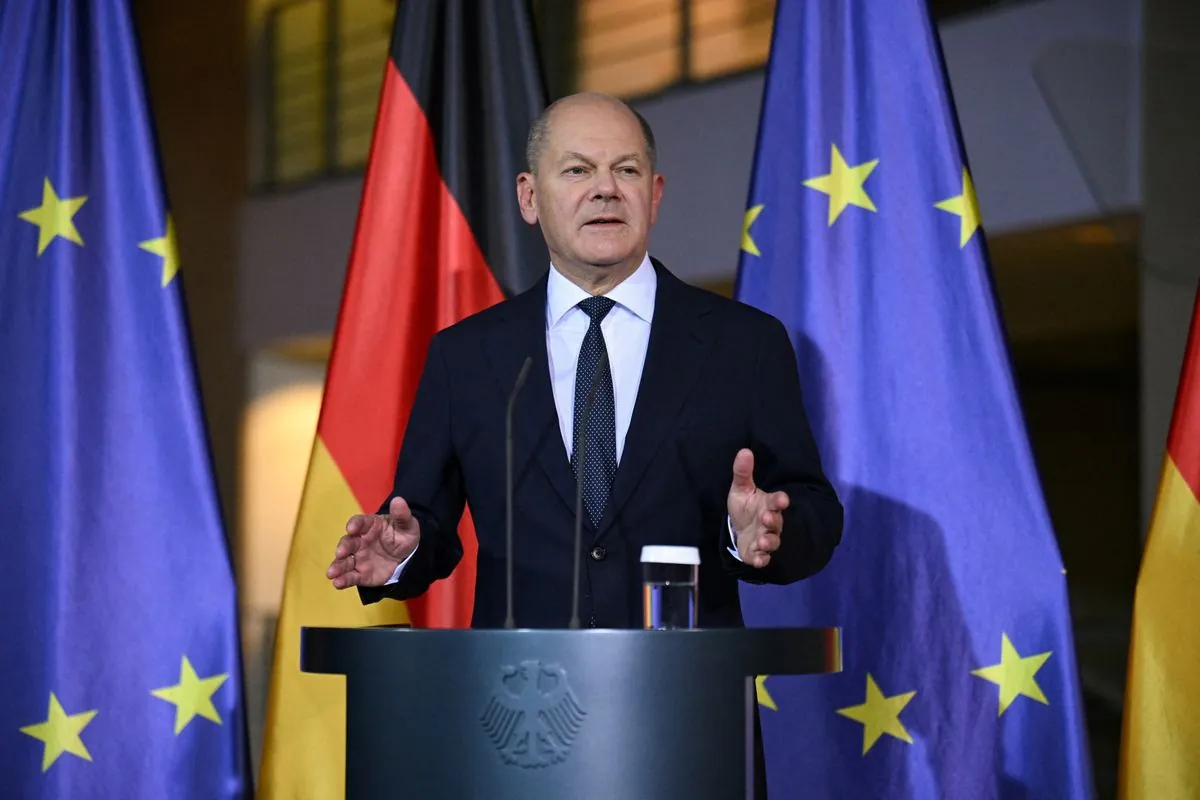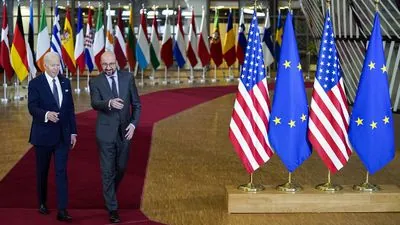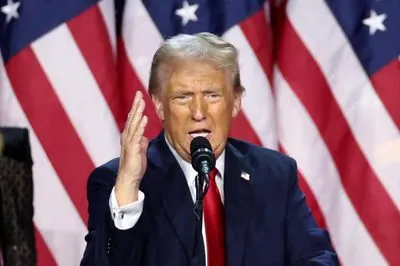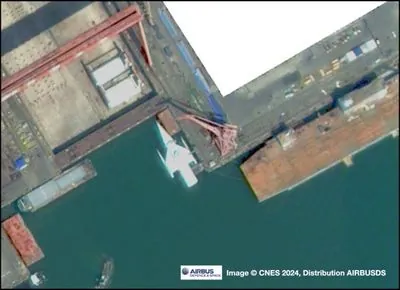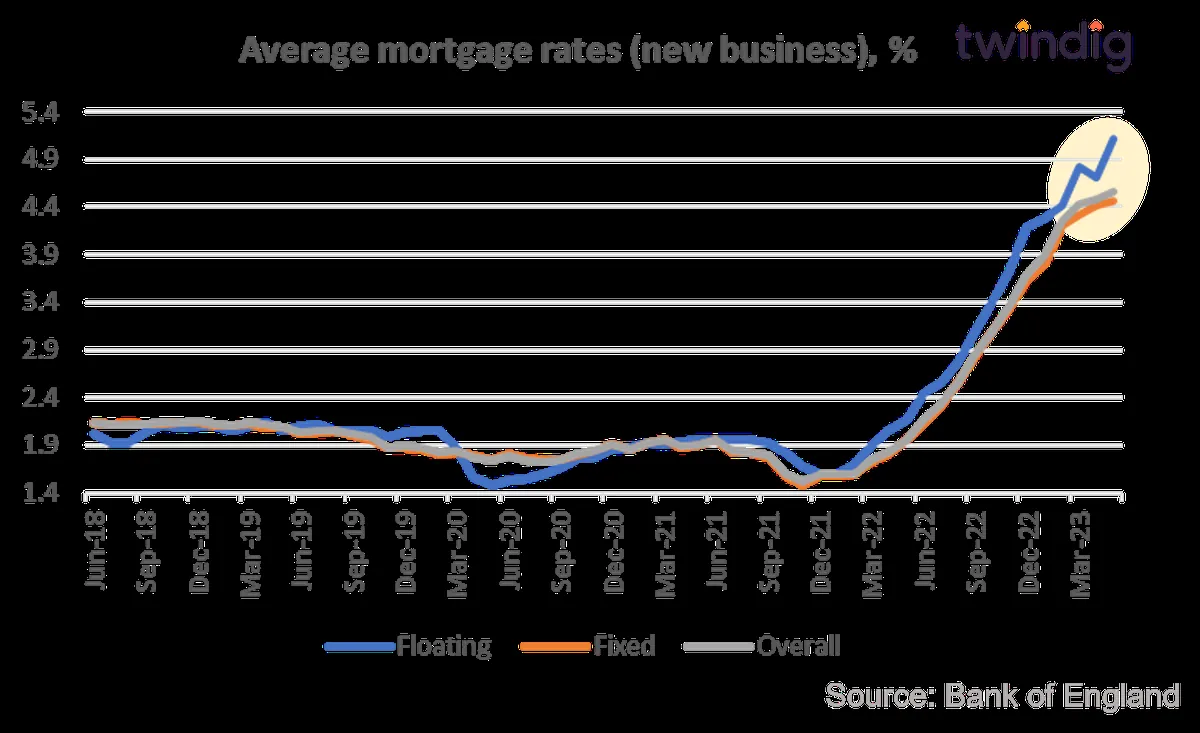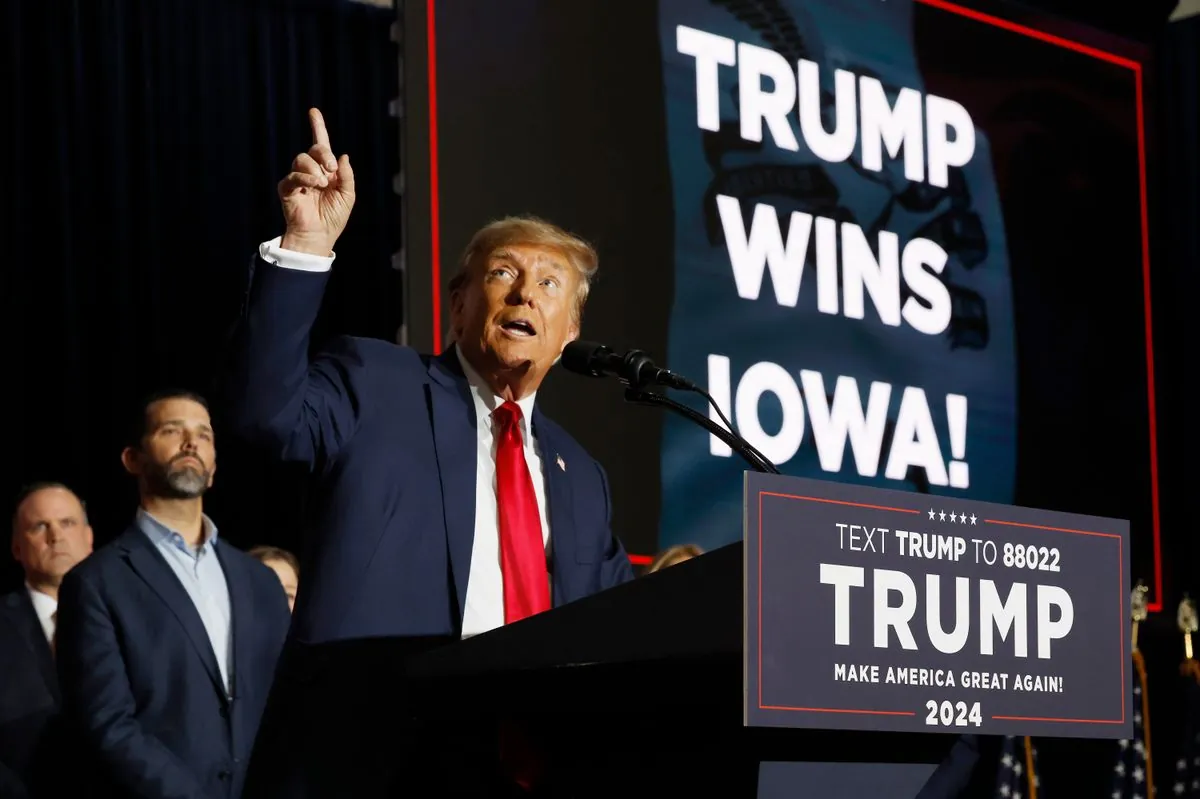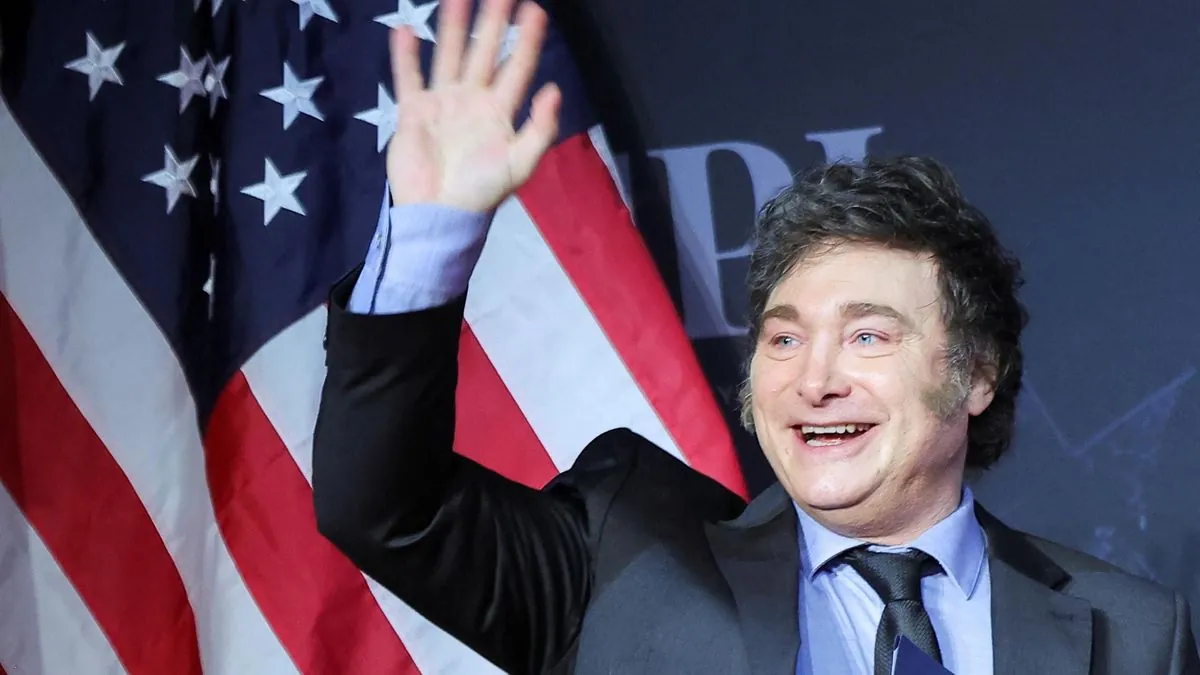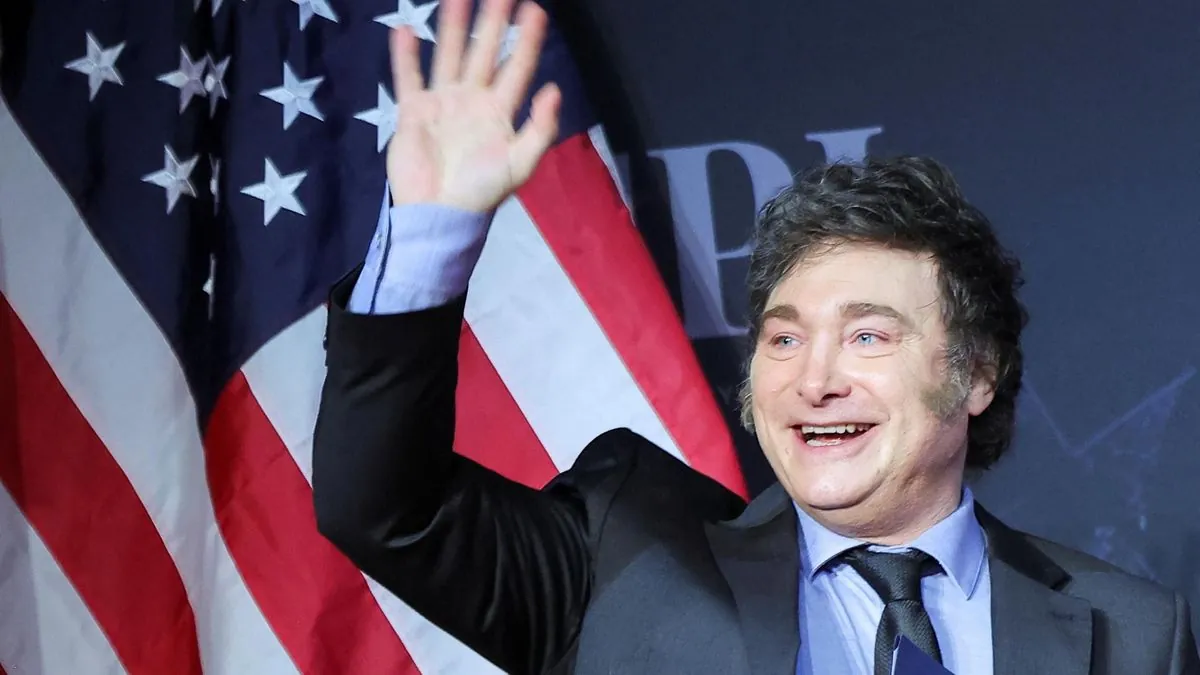World Bank
The World Bank is an international financial institution that provides loans and grants to the governments of low- and middle-income countries for the purpose of pursuing capital projects. The World Bank is the collective name for the International Bank for Reconstruction and Development (IBRD) and International Development Association (IDA), two of five international organizations owned by the World Bank Group. It was established along with the International Monetary Fund at the 1944 Bretton Woods Conference. After a slow start, its first loan was to France in 1947. In the 1970s, it focused on loans to developing world countries, shifting away from that mission in the 1980s. For the last 30 years, it has included NGOs and environmental groups in its loan portfolio. Its loan strategy is influenced by the United Nations' Sustainable Development Goals, as well as environmental and social safeguards.
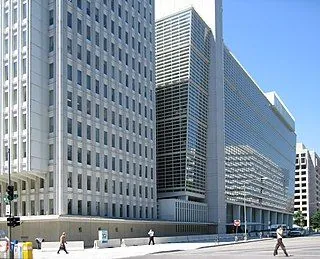
Some of the key events about World Bank
- 1944Established at the Bretton Woods Conference to aid post-World War II reconstruction
- 1960Created the International Development Association to provide loans to the poorest countries
- 1960Criticized for focusing primarily on large infrastructure projects while neglecting social development
- 1965Launched the International Centre for Settlement of Investment Disputes to resolve disputes between foreign investors and states
- 1976Accused of supporting oppressive regimes through structural adjustment programs
- 1981Faced backlash for promoting privatization policies that led to increased inequality in developing countries
- 1985Criticized for environmental damage caused by large-scale dam projects it funded
- 1988Initiated the Multilateral Investment Guarantee Agency to promote foreign direct investment in developing countries
- 1990Structural adjustment policies linked to increased poverty and reduced access to healthcare in Africa
- 1994Narmada Dam project in India displaced thousands without adequate compensation
- 1996Partnered with the IMF to launch the Heavily Indebted Poor Countries Initiative to reduce debt burdens
- 2000Adopted the Millennium Development Goals to combat poverty, hunger, disease, and illiteracy
- 2000Accused of pushing for water privatization in Bolivia, leading to social unrest
- 2007Internal report revealed significant failures in anti-corruption efforts
- 2008Established the Climate Investment Funds to support developing countries in mitigating climate change
- 2010Increased its capital by $86 billion to respond to the global financial crisis
- 2011Criticized for land grabbing practices in developing countries
- 2015Committed to ending extreme poverty by 2030 and promoting shared prosperity
- 2015Faced allegations of violating its own safeguard policies in infrastructure projects
- 2020Pledged $160 billion over 15 months to help countries address health, economic, and social impacts of the COVID-19 pandemic
Disclaimer: This material is written based on information taken from open sources, including Wikipedia, news media, podcasts, and other public sources.
